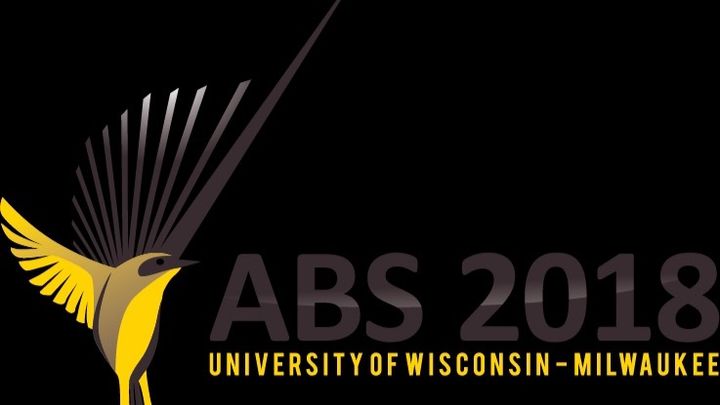
ABS Unasked - Social cognition
What Are We Not Asking Symposium:
Proposal by Gentry et al.
Major hypotheses about the evolution of social cognition have advanced our understanding of the complex social lives of animals and how individuals negotiate with others in their groups. Two of these include the Machiavellian Intelligence Hypothesis and the Social Brain Hypothesis. Both relate to the capacity of an individual to alter the behavior of others around it to the individual’s own advantage, while still remaining a member of a functioning group. This capacity is facilitated by complex communicative systems, complex social systems, and greater cognitive ability. Curiously, communication among group members has not traditionally been a focus of research related to these social cognition hypotheses. Here we show how a focus on communicative and cognitive complexity together can elucidate nuanced manipulations for selfish gains in socially complex groups, under both competitive and cooperative scenarios. Finally, we argue more generally that a research emphasis on communication in complex social groups may accelerate our understanding of the social mechanisms underlying complex adaptive behavior.